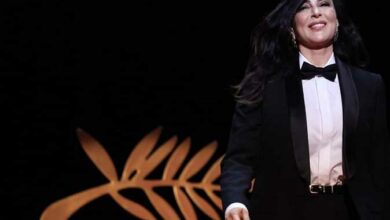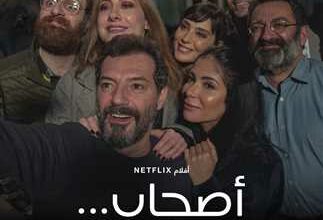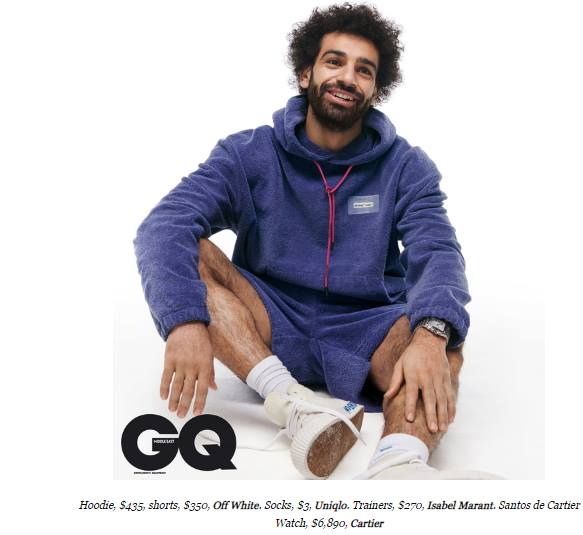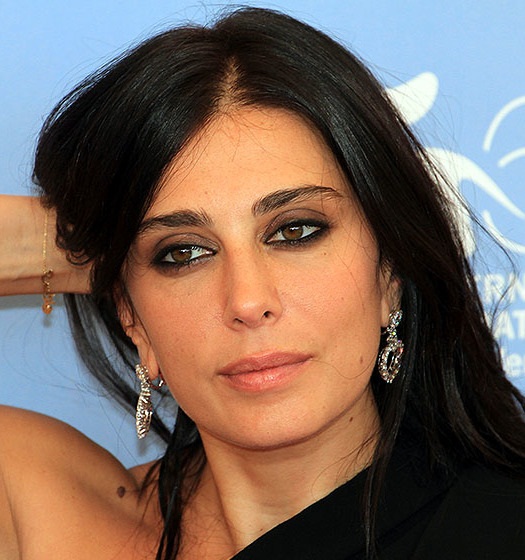Lebanese writer-director Nadine Labaki’s new film “Where Do We Go Now?” premiered in the Un Certain Regard section of the at the Cannes Film Festival on 16 May.
The film could be a box office hit if it is handled by a smart distributor with an awareness of the changes in the cinema audience since the start of the Arab revolutions this year.
Festival Director Terry Fermo presented the cast prior to the film premiere, announcing the film as the first of a series of Arabic-language films to be shown during the festival, which is dedicated this year to guest nation Egypt.
The film is a joint French-Lebanese-Egyptian production and is one of the two Arabic-language films premiering, the other being the Egyptian movie "18 days".
This is Labaki’s first feature film since the international triumph of her debut work, "Caramel”, which premiered in Cannes in 2007 and was considered one of the festival’s most important discoveries that year. “Caramel” went on to achieve international success and played in more than 40 countries, a huge achievement for an Arabic-language film. In her new film, Labaki proves her genuine talent on the global rather than merely the Lebanese and Arab levels.
Labaki is a filmmaker in every sense of the word. Not only does she direct, act, sing and dance, but she is also involved in the scenario and script writing. She represents a unique brand of art characterized by simplicity and depth.
Labaki, is one of the few female directors in the Arab World. In her films, her love for her country and for the characters portrayed is evident. In "Caramel", her love for Beirut shines through, while in “Where Do We Go Now” her affection is for Jabliya village.
As with the play on women's resistance to war by the acclaimed comic playwright of ancient Athens Aristophanes, “Where Do We Go Now?" is a story that portrays women as peacemakers and men as instigators of war.
“Where Do We Go Now?” is a cry against the religious, sectarian and ethnic wars that threaten Lebanon, Egypt and many Arab and African countries.
In her film, Muslims and Christians in an isolated village have lived side by side in peace with no discrimination or sectarianism for centuries, having come together through the Arab culture.
The village seems to have been deliberately isolated by its women to keep any news of clashes between Muslims and Christians beyond he village from reaching the village men. At the same time, the film reflects the fact that Lebanon is being exploited by external parties as a land of conflict.
The film confirms the futility of religious wars and the need to achieve peace.
Translated from the Arabic Edition




